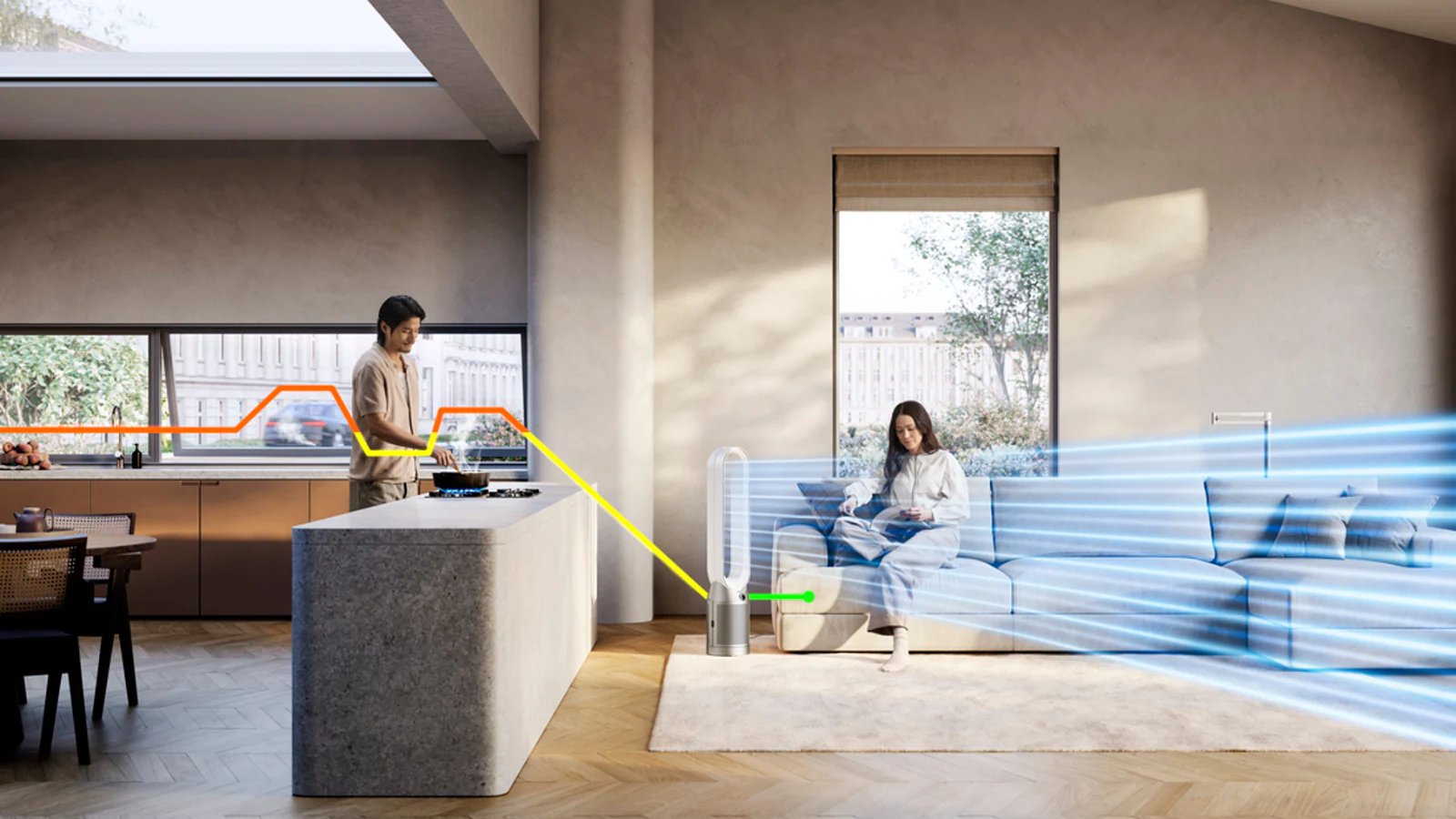Copyright news18

Air purifiers are becoming an essential part of households as air quality continues to decline, particularly in urban areas of northern India. India is home to many of the world’s most polluted cities, and with AQI levels reaching dangerous peaks due to topographical challenges and wind convergence, health risks are on the rise. According to the State of Global Air 2025 report, death rates in India from air pollution are almost ten times higher than in high-income countries. Given that we spend over 90% of our time indoors, it’s crucial to understand how air purifiers can help combat rising AQI levels. Dr. Ken Armstrong, Research Director, Dyson, shares key insights on how to choose the right air purifier for your needs. Here are a few important things to consider before making a purchase. 1. Ability to remove fine and ultrafine particles While this may seem fundamental, it’s important to understand the invisible enemies we face in our homes. PM0.1 particles, also known as ultrafine particles, can penetrate deep into the lungs and may even enter the bloodstream. The recently launched Dyson Purifier Cool PC1 – TP11 features advanced filtration technology that captures 99.95% of ultrafine particles as small as 0.1 microns. It also includes an activated carbon filter to remove odours, gases, VOCs, and NO₂. Additionally, it offers fully sealed filtration, which blocks any potential leak points through which dirty air could re-enter the machine. 2. Area of coverage and air circulation Choose an air purifier based on the size of your room and its ability to distribute clean air evenly. Many air purifiers release air in only one direction either singular or upward which can reduce their overall effectiveness. 3. Size and weight For smaller spaces such as bedrooms, lightweight purifiers are ideal. However, for larger rooms, you may need bulkier models with higher capacity, though these can be harder to move between rooms. 4. Noise level Air purifiers are most effective when they run continuously. Since they operate 24/7, it’s important to choose one that’s both quiet and efficient. No one wants a noisy fan interrupting their sleep or daily activities. For instance, the Dyson Purifier Cool PC1 – TP11 operates at just 44 dBA in night mode, maintaining a peaceful sleep environment while effectively capturing pollutants. A built-in sleep timer can automatically turn the purifier off after pre-set intervals of 1, 2, 4, or 8 hours. 5. Smart features Many air purifiers now include intelligent functions such as auto mode, which automatically adjusts purification levels according to air quality. This ensures continuous protection without manual intervention.



